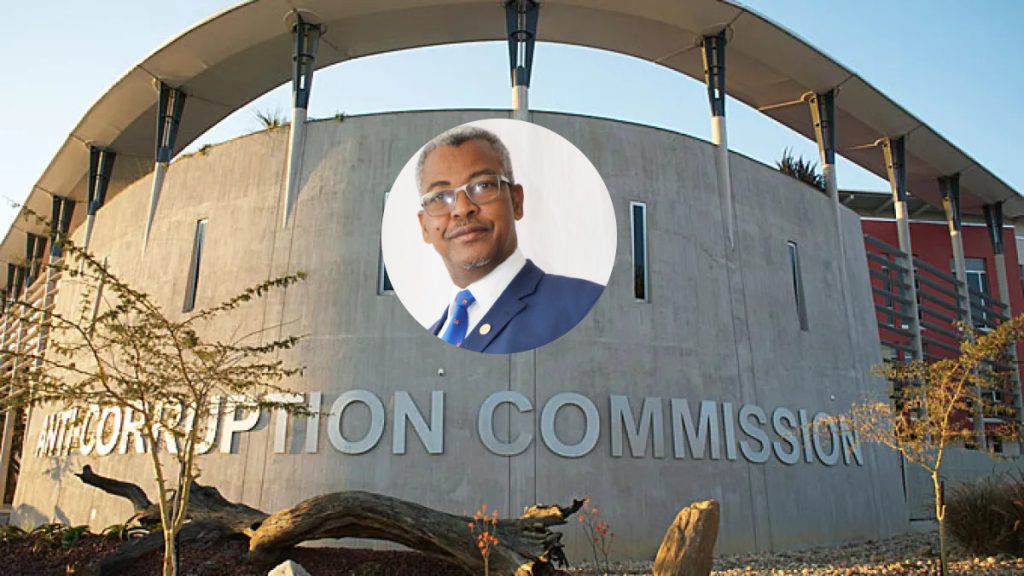
By: Annakleta Haikera
The Anti-Corruption Commission of Namibia (ACC), in collaboration with the Namibia Chamber of Commerce and Industry (NCCI), on Friday hosted a seminar on ethical business practices, urging the private sector to take a stronger stand against corruption.
Delivering remarks on behalf of ACC Director-General Paulus Noa, executive director Tylvas Shilongo said corruption remains one of the greatest threats to Namibia’s development, draining resources and eroding public trust.
He stressed that ethical conduct must go beyond legal compliance, calling for fairness, transparency, accountability, and respect in all business operations.
“Real change is not a single act; it is a process. Businesses must embed integrity into governance structures and company culture,” Shilongo said.
NCCI Rundu branch chairperson, Geraldoh Illarius, stressed the importance of regular collaboration between regulators, municipalities, and the private sector to ensure that policies reflect real-time industry perspectives.
He highlighted the role of NCCI’s research desk in providing oversight bodies with evidence-based insights and feedback to strengthen interventions. However, he also warned that Namibia is struggling to produce true entrepreneurs committed to solving socio-economic challenges and filling market gaps.
“We have established a culture of tenderpreneurship, which undermines genuine innovation and growth,” he said.
Kavango East governor, Julius Hambyuka, echoed these sentiments, calling for stronger investigative powers for the ACC, particularly in addressing money laundering as a standalone crime.
He further linked ethical governance to Namibia’s long-term development ambitions, including its goal of becoming a global leader in green hydrogen production under the Harambee Prosperity Plan II.
“To achieve this goal, it is essential to ensure fair opportunities for all citizens, which can only happen by upholding integrity in energy and economic projects,” Hambyuka said.
The seminar also underscored that while corruption is often associated with public officials, the private sector plays a critical role in either enabling or combatting it.
Hambyuka cautioned that unethical practices within businesses can have devastating consequences for both the economy and society. As a result, business leaders were urged to adopt anti-corruption policies, promote transparency, and establish internal systems to prevent unethical practices.
Still, challenges such as employee resistance, lack of awareness, and fear of reputational damage were acknowledged as barriers to progress.
“I encourage everyone to engage in open discussions on how we can address the factors that allow corruption to persist. Instead of ignoring these challenges, let’s work together to develop practical solutions that drive real change,” Hambyuka concluded.
The seminar formed part of Namibia’s National Anti-Corruption Strategy, which aims to strengthen ethical frameworks in the private sector.
Participants, including business leaders, civil society organisations, and youth entrepreneurs, pledged to stand against corruption and integrate integrity into corporate governance for a sustainable and equitable future.









